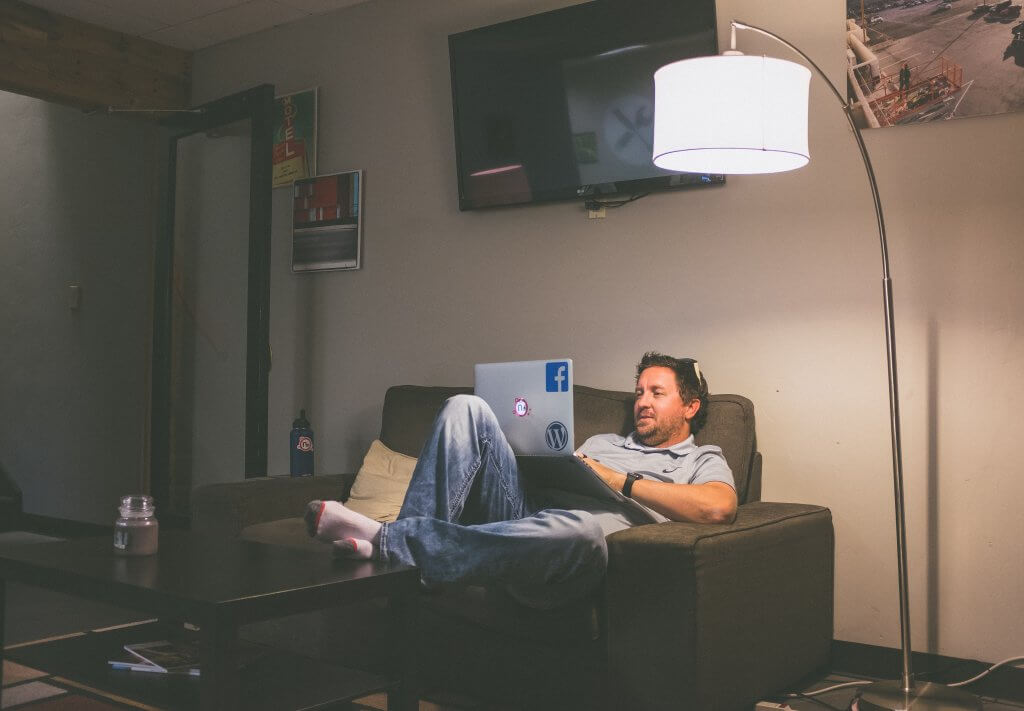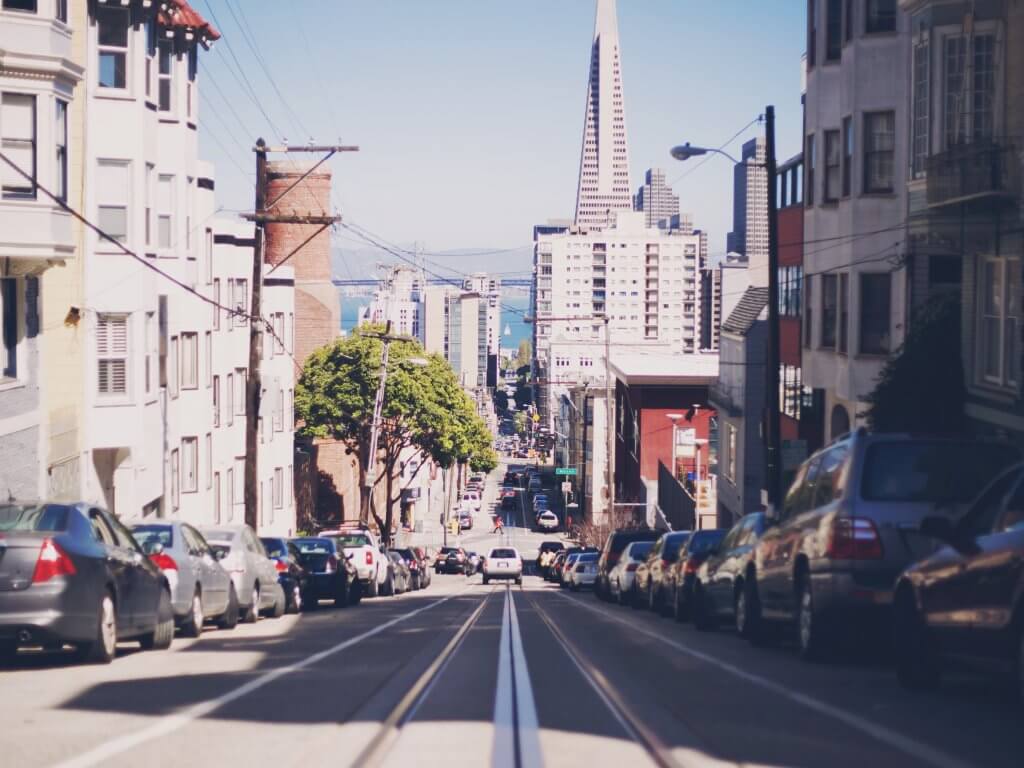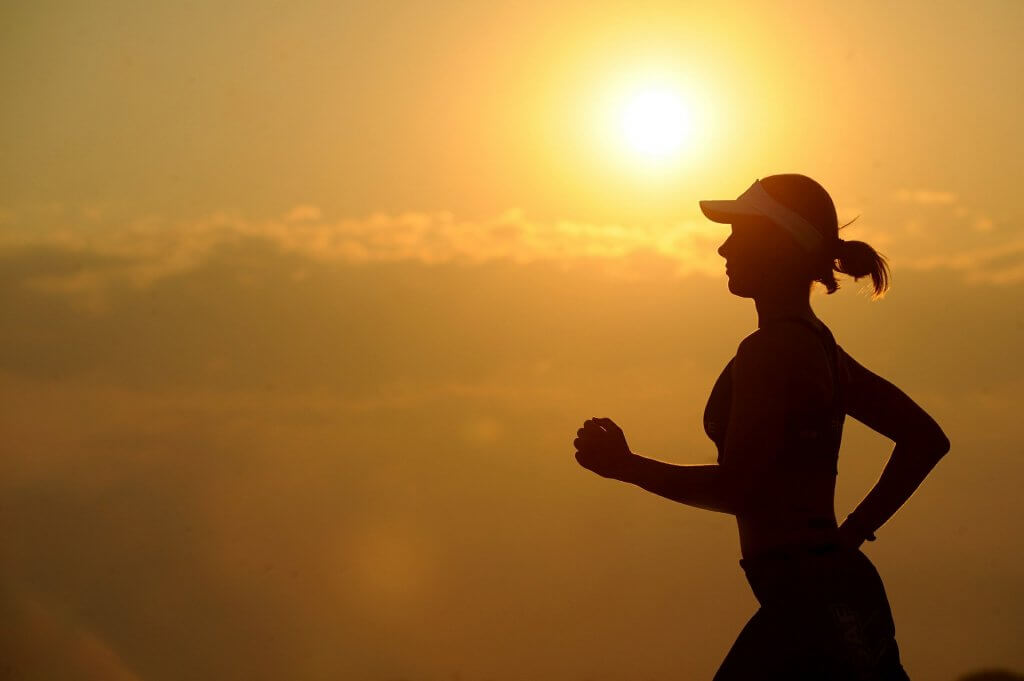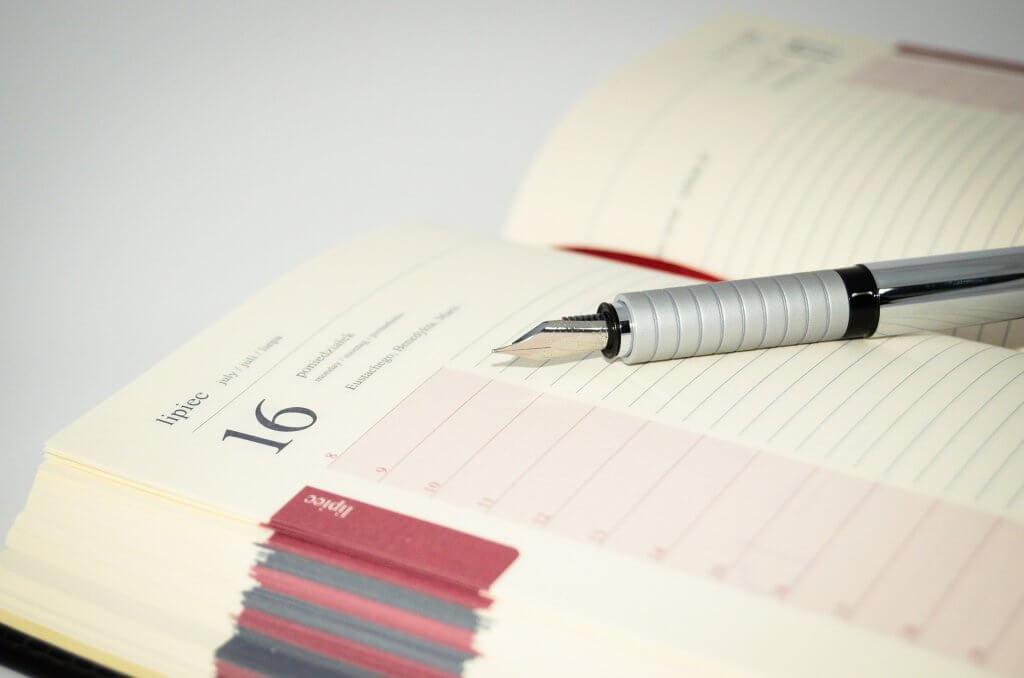I’ve not quite managed to actually blogging about, well, blogging. Yet. Or life as a digital nomad for that matter. I focus on the actual travel aspect of travel blogging. I may branch out eventually, but for now here’s a guest post from Callum Bailey about how to manage time efficiently as a digital nomad.
Even for the average holiday-goer, the constant stimulus of exploring an unfamiliar place can be acutely overwhelming. Oftentimes tourists find themselves exhausted, their plans rushed and misguided and subject to sudden change. All of this is only natural; we are not only interrupting the everyday rhythm of our lives, but we are doing so in places deliberately chosen for their unfamiliarity. Challenge, exploration, and adventure are inevitable – indeed they are the focus of travel – and can lead rather expectably to weariness.
For some however, travel is not merely a getaway but an entire lifestyle. The world is full of people like this – people making their way by means which allow them to both support themselves and explore the world simultaneously. Digital nomads. Itinerant farm hands. Musicians. Travelling businessmen. A range of teachers, not only for language but also music, art, an endless array of extreme sports, and much more. The list goes on and on; but the idea is that there is an entire sector of people whose entire life is on the move. This means that all the necessities we face everyday – earning money and planning for the future; maintaining health and nurturing relationships – are compounded with the demands of simply travelling.
It can be quite a challenge but, for most people, resolving it comes down to one simple thing.
How Do You Manage Your Time?
Time. We all experience it at the same rate. How then do some people always seem rushed, pressured, almost frantic as they go about their everyday, while others seem perpetually at ease? This is the greatest curse of the nomadic lifestyle. But with a few visionary steps and deliberate persistence anyone can become truly a master of their own routine.


Finding Time To Sit Down And Work Can Be Difficult
It begins with vision and discipline and an attitude of contentedness. Humans generally find themselves satisfied with their time-management so long as they practice several things:
Culture an attitude of optimism and gratitude, deliberately acknowledging the blessings in our lives
Don’t overstretch your bounds. Ambition and passions are a fundamental part of a healthy and fulfilled life; but if we overstretch ourselves towards these aims – if we commit or aspire to too much at a time – then we will find all the joy of the everyday leached out of life. We will wake up one day to realise countless moments have passed us by, and every one consumed in worrying about the future.
And perhaps the most important of all . . . .
Setting Goals
I know. Goal-setting. How incredibly profound. But it’s so so true. That’s why these things become cliches, after all – because they are actually useful and universal enough to be repeated over and over and over across the generations.
Goal-setting is one of the things many people are terrible at and, arguably, the free and adventurous travelling sorts are more likely to struggle with it than most. Travel is beautiful for developing courage, spontaneity, self-confidence, curiosity, compassion, and on and on . . .
Travel is ideal for a great many things. But one thing it isn’t conducive towards is a meticulously organised life. Indeed, a large focus of many travellers is developing the very opposite thing – a carefree spontaneity, a complete confidence in the joy of unpredictable adventure.
In the constancy of stimulus and change, your life will only be as organized as you force it to be, so it’s important to take a step back and assess your desires surgically.
Simply take a step back and analyze your goals. Do you have any? How far into the future? If you have a concrete goal, determine when you would like to achieve it by and then break it into tangible segments, which can be pursued with regularity.
If you do not have a goal, then simply take these steps for scheduling and apply them to a narrower window of time.


It’s Important To Get Out And Explore, But Also To Work
Example: If you want to monetise a blog by this time next year, determine what you need to do to reach that goal. You will likely need a solid history of content, so it’s best to start writing articles regularly now. Also, you will need connections such as sponsors and guest-posting opportunities, so it’s best to start writing emails as soon as possible. You will need your own website, so start designing or, alternatively, hiring someone else to do it. A good camera will be needed, plus a good photo editor, and the experience of using them. You will want to grow your social media profiles, and make pages dedicated to your business.
All these things and more you will need to plan, and you should weave several steps or incremental goals into your long-term schedule.
Once a long-term vision is set, you can break your goals into smaller and smaller increments, until you decide what to do with every passing day. The downfall of most travellers is to simply look at their chaotic life and decide “I’ll do my work whenever it happens that I have a moment.”
This doesn’t work.
While unexpected moments do come, and while it is difficult to plan precisely, this mentality will always lead to unpredictability and frustrated goals. All too often us travelling types are easily sidetracked by every unexpected moment of possibility or adventure (after all, the unexpected is why we do it!) and we go dashing off to some new spectacle before our work is done. It is absolutely vital to devote intentional time to several key elements of our lives. Generally, travellers agree that the most important include:
1. Moneymaking
(Or however else you earn food and such necessities)
This is obviously the one which empowers all the others, the living and exploration and the generally enjoyment of our nomadic lifestyle. It is of paramount importance therefore to actually set aside time and make our money. Far too many simply try to scatter their work time about whenever they have a moment. This always results in less efficiency and ultimately lower-quality work. Projects are completed much slower, much more poorly, and tend to dominate the mind much more constantly, dramatically reducing the enjoyment of free time.
2. Honor Your Mind and Body
The need for money is immediate and obvious, and already heavily emphasized in most every society. More often abused however are our needs as humans, spiritually and emotionally and physically. In the endless need for money and the endless rush to explore, it is far too easy to dismiss our personal health as a thing of lesser importance.
This is foolish. If our bodies and minds and emotions are not intact and vibrant, our entire lives suffer. These things together compose our entire being, and are the filter through which we experience existence. It is incredibly important that we keep ourselves energized, fit, and emotionally balanced. Whatever practices you believe most beneficial, adapt them to your travels and be sure to practice them.
Stress
The largest affliction comes in many forms, but it can be summarized simply as STRESS or WEARINESS. Some people live years and years and years in perpetual exhaustion, always feeling just behind and never allowing themselves the time to simply rest and recover and be.
People need solitude; we need thought and regeneration time, in which we can simply ponder and absorb and enjoy existence. Schedule this with purpose.
People also need people. We need relationships, encouragement, and that fulfillment which only comes from giving of ourselves to others.
Finding social time not only with random passing people but with consistent, committed friends is something many travellers struggle with in particular. Travellers are always on the move and meeting people – always smiling and laughing and conversing – but oftentimes not with any permanence, not with consistency and depth. We meet people and then move on, and this is the way of things. It is hard to develop permanent relationships.
While this can be somewhat unavoidable, a great measure of our relational life can be improved greatly if we are purposeful about recognising it as a need and incorporating it into our lives. This is done by connecting with others intensely and deliberately. Even if the physical proximity is only temporary, deliberate friendships such as these often continue far into the future by means of technology. A traveller can be in the absolute busiest place on earth, meeting and speaking and laughing and drinking – and yet he/she can still be utterly alone, if connection with others remains simply superficial.
The other health needs (diet; sleep; exercise) are also of critical importance. Take a step back to determine your specific goals for each, and then make a plan and stick to it. Make checkmarks, tick boxes, ask a friend to hold you accountable; do whatever you need to ensure that your goals are being met.


Staying Healthy On The Road Is Vital
3. Specialise
As already mentioned, projects are best tackled without interruption, in specifically-designated slots of time. This is most efficient, most quality, and most peaceful for the mind. In addition to simply reiterating this, I would suggest that you divide each task into as many individual segments as is realistic, to further optimise each slot of time you work.
If, for example, you are a blogger, I might advise a schedule such as this:
Monday: Explore targeted locations or experiences. Take loads of new photos. Plan new articles. Begin writing, if time allows.
Tuesday: Begin/finish articles for this week. Plan which photos to use.
Wednesday: Finish articles, if needed. Edit photos and insert into articles. Publish articles.
Thursday: Respond to last week’s emails. Research and reach out to fellow bloggers, brands, etc. for collaboration.
Friday: Respond to personal emails (I like to keep my private life separate). Begin to plan future destinations and articles. Explore and take further photos in current location (better photos as the weekend begins) . . . .


Scheduling Your Time Is Vital
One thing to note is that chipping away at a single repetitive task can be monotonous and draining. If you find this is the case for you, it might actually prove more efficient to weave a diversity of tasks into the same day, so that you never have to focus on any one thing for a tiring amount of time.
Also important . . . It is never certain exactly how long a project will take, or what sort of unexpected events might pop up throughout a week. It’s best to account for these and always allow extra time. In my experience things always take longer than anticipated; and even if they don’t, I simply find myself overjoyed to have extra time to get things done!
However, in general, I try to divide individual days into isolated segments, to settle into the rhythm of whatever I am doing and so optimise my working time.
4. Enjoy!
This one is simple enough. Similar to our need for sleep and exercise and socialization, we also have an acute need for enjoyment, exploration, change. This is the entire purpose for a travel lifestyle, and it is important to factor this into our daily schedule. Simply get out, absorb, and enjoy the endless diversity of the world. It is one of the most energizing things there are!
5. Consider Your Mode of Transportation
Flying is often the fastest way from place to place, and many times also the cheapest. However, depending on the location and where you are heading, you might want to consider taking a different mode of transportation. If you are looking to do some good work for a couple of hours, you can seriously consider traveling with train or taking a bus ride.
6. Consider Spending More Money
One mistake many budget travellers or digital nomads are tempted to make is to value their money disproportionately more than they value their time. Initially, most budget travellers will have loads of time and very little money. For these people it is very worthwhile to take the slower city bus, walk the extra two miles rather than take a cab, or cook a meal at home.
Then, however, you start to earn more money. Your time-to-money ratio changes dramatically, and you find that every hour saved is worth far more than the cost of the taxi ride or the restaurant meal. The visionary traveller recognises this transition and embraces higher spending for such things, preserving even more time for whatever work it is which brings them so much money.
7. Reduce Electronics Use (or Don’t!)
With the exponential skyrocketing of technology nowadays many people are – to put it bluntly – addicted to their electronics. Many of us spend far far more time on our gadgets than we realistically should, whether its surfing social media, labouring to market our blog, or streaming the latest episode from our favourite TV show. I would highly advise taking a look at the hours you spend in front of a screen, and making certain they are matching with your overall goals.
Conversely, there are the immeasurable benefits of technology. It all depends on how we use it. Translation, booking accommodation, planning future destinations, editing photos on the move, staying in touch with friends . . . There are endless things we can do online, far more efficiently than throughout history.


Technology Is Good And Bad For A Traveller
As long as we don’t get sucked away by the whirlpools of endless information, the internet can be a fantastic way to plan ahead, stay connected, and maximise our time on-ground wherever we may be.

